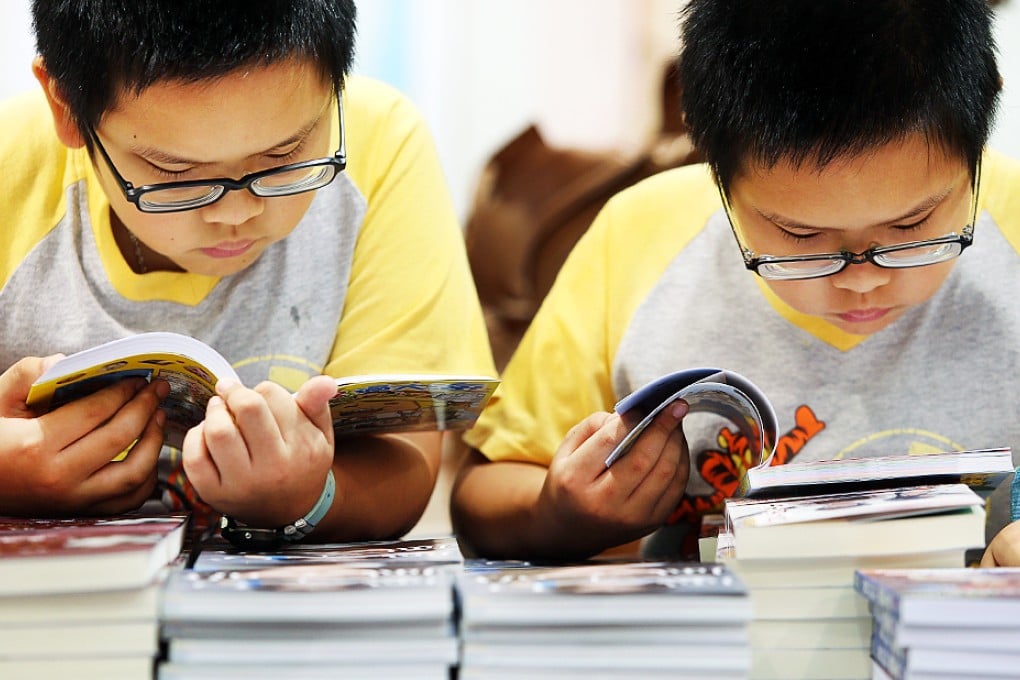Hong Kong twins may unlock riddles of Chinese language
Wanted: 600 pairs of twins, aged five to seven who could give researchers answers to how our brains cope with learning Chinese

An intriguing phenomenon about bilingual learning in Hong Kong has prompted an international study, with researchers looking to recruit 600 pairs of young twins in the city.
The aim is to explore if the ability to learn languages applies equally to Chinese and English after suggestions that mastering Cantonese and learning to write characters was harder for some Hong Kong children than getting to grips with English.
The researchers want to crack the mystery of whether genetic and environmental factors are involved, and whether this applies to mathematics and cognitive skills as well as languages.
The University of Hong Kong and Chinese University are among four local institutions involved, as well as universities from the United States, the Netherlands and the United Kingdom.
"[Some parents] say they want to switch their children from a local school to an international school because the Chinese language is too hard," said Professor Catherine McBride, a developmental psychologist at Chinese University. "It's very strange to me because … people say you should learn your mother tongue."
Parents of children already at international schools have also asked McBride whether it was fine for their dyslexic children to learn Chinese.
Researchers hope to recruit both identical and fraternal twins, ideally 300 pairs of each, aged about five to seven, covering Kindergarten Three to Primary Two. Cantonese should be their mother tongue.